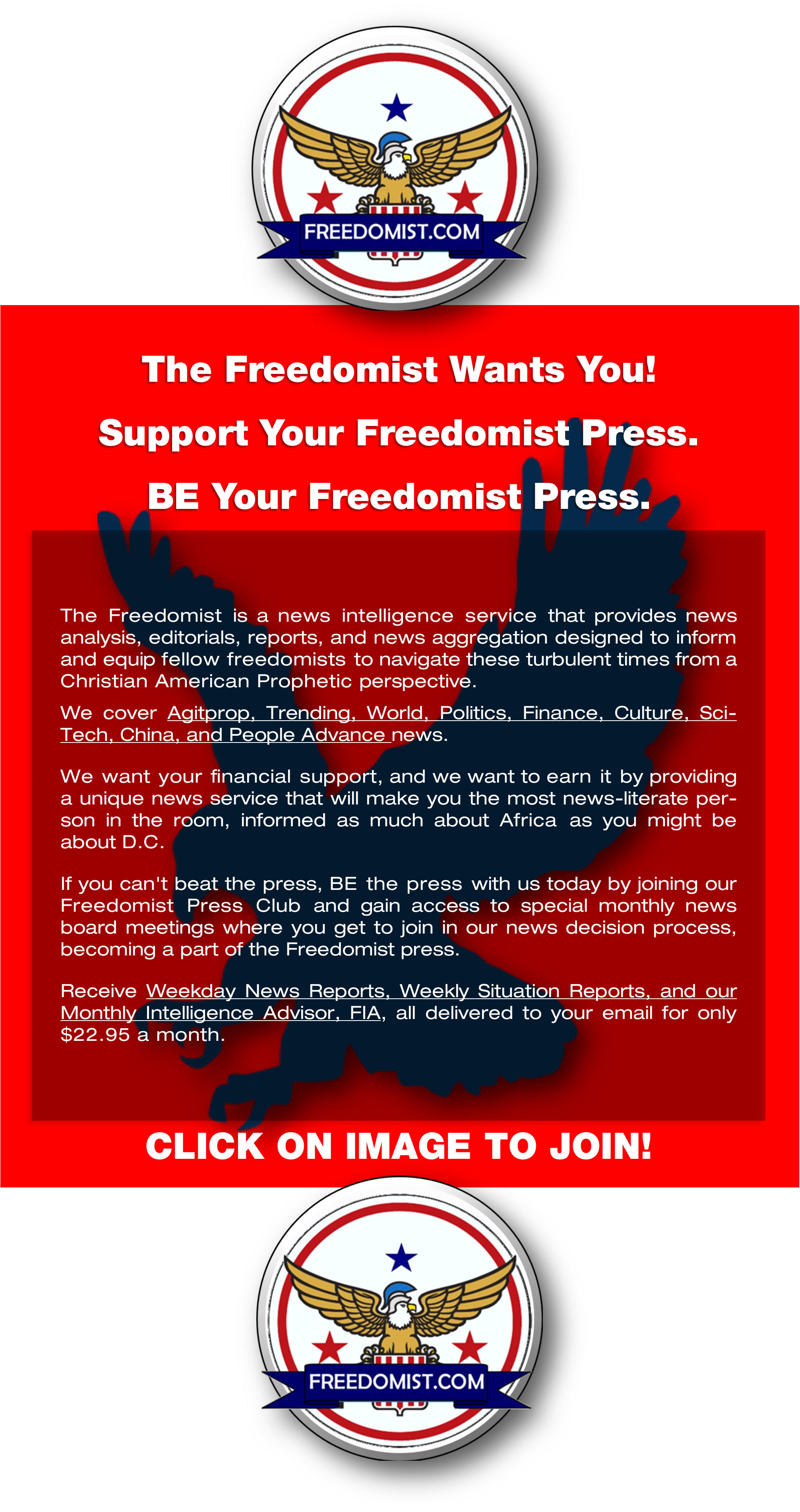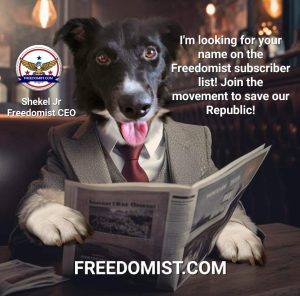
The decentralization of digtial platforms into an interconnected network of diverse niche communities with deep immersive experiences is web 3.0 and it is coming, whether the technocracy likes it or not.
This is not about the fears of tech censorship or tech bias, this is about the emergence of smarter, more robust technologies and the natural human desire to cluster around and with people who they easily identify with. The natural tendency for people is to want to cluster with people who share something of deep value, be it a belief system, values, lifestyle, interests, skills, or really anything that touches you at the level of identify.
What does this mean, “touches you at the level of identity?” Basically, it’s something so special to you, it is felt and often expressed as if it is part of your identity. I may say, “I am a military collector”, which is different than saying, “I have some military items in a collection.”
In web 2.0 we saw the emergence of meta platforms predicated on the cocnept of an open internet and free speech. While some clustering occurred, basically, they were wide open spaces where almost anything was allowed. Then came web 2.5, almost in some ways a seeming devolution, but in reality a precursor to web 3.0.
In web 2.5 the people paying the bills, the big money people of the corporate world, started worrying about brand friendliness. Also, policy-makers worried about content that was hateful or false and some worried more about decency. Users were overwhelmed with things they didn’t necessarily like or want to even see at all.
What were essentially wild west platforms that focused on attracting everyone of every interest on a more shallow relational basis now found themselves having to engage in much tighter governance. You see, the more you try to control or limit content, the more standards and fact-checking you create, the more difficult and expensive it is to run these platforms.
Good governance requires more than spitting out standards and fact-checking norms. It requires human-powered governance, as in actual people providing governance. But the response to bottom-line conscious platforms is to use algorithms and robots to replace humans, and of any group of people gang-report content, even of that content isn’t what they say it is, a seeming arbitrary suspension or ban takes place.
Governance is way beyond “moderation”, it is guidance and support to participants, treating them like adults and with dignity, and giving them support, not just deciding whether to ban them! Web 3.0 governance will be much more transparent and participatory than anything we have seen before.
We propose that people don’t want to be enmeshed into a virtual community or platform that has content or characters they find disagreeable. The public demand for free speech platforms may not be what some think it is. Nobody has done a study to see what exactly people like, but what we can see is that free speech platforms, while they have an audience, are not capturing any major market share.
This doesn’t mean free speech platforms aren’t desired by enough people to potentially make them viable. They can be viable, but they cannot be the predominant virtual community.
We don’t have a market research study showing exactly what kind of online environment people will tend most to favor. But we all know the human tendency to form cliques and to cluster with people of some like identity and affection. People tend to look more for affirmation than for things that challenge their beliefs, for instance.
The problems with both the meta platforms that started as one thing and are trying to become another and with the free speech alternatives may come down to the issues of governance, it being expensive, brand safety, because as free platforms they need mega sponsors, and this tendency humans to essentially seek affirmation and support from people they identify with.
On one hand, people want to cluster with people they identify with. On the other hand, they want to connect with people more broadly and to express themselves to the world at large. That being said, many just want to be entertained and to have affirmation in the process, they don’t really want or need broader connections online.
Web 3.0 has to both provide these more niche communities people can participate in, and, we predict, they will desire a more immersive experience with participants engaged in all aspects of the community, from content curation to governance. The wall between administration, governance, and participants (as opposed to “users”) will become more blurred: participants will become stakeholders.
While these niche communities will be necessary, it will also be necessary for tomorrow’s netizens to have a way to gather content and data from multiple places in one dashboard and to be able to push content through that dashboard to multiple niche communities or to free speech communities.
Common standards for connecting these communities through API hooks or many other means will emerge and various providers may supply dashboards for people to connect to all these niche communities.
We also foresee that the era of mostly free platforms paid for mostly by mega corporate sponsors will give way to a mostly paid subscription model as participants, again, instead of just users, take control of their data and advertisers focus more on placing their content in PLACES likely visited by their demographic than through serving content across all the virtual spaces to specifically targeted individuals.
The issue of advertising online in the future is a bit off subject, but is somewhat related. Advertising isn’t going away, but the halcyon days where anyone without real advertising smarts could use intimate user data to easily send their content to exactly the right person may be over. The old tried and true methods of scientific advertising targeted to places where your demographic are likely to be found will rule again. The lazy marketer who only knows how to use computer-assisted audience selection will struggle.
Who knows if this sudden stripping of access to that kind of user data will continue. The pressure by the corporate advertisers may be immense, unless they find the new environment actually makes it harder for smaller advertising and would-be competitors to engage.
We envision web 3.0 will be dominated by a decentralized web of mostly niche communities but a few major providers of something like a dashboard that allows people to connect to multiple spaces more conveniently. We foresee these communities will be more immersive and participatory and the line between administrators, governance staff, and participants will be more blurred.










